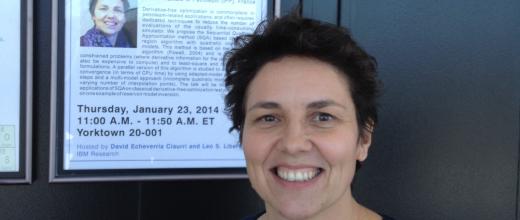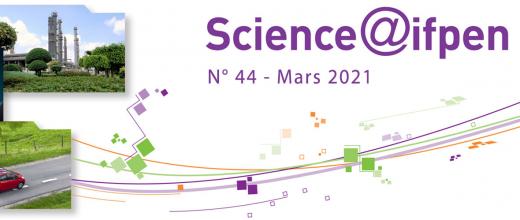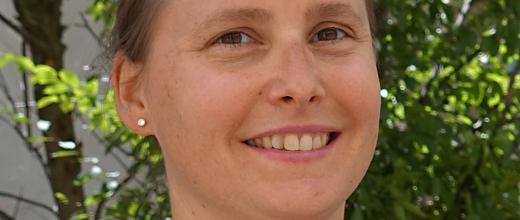Over the last decade, deep learning applied to image analysis has rapidly developed in scope to cover numerous fields. However, its potential remains underexploited in geology, despite the fact that it is a discipline that relies to a large extent on visual interpretation. To contribute to the digital transformation of industries related to the underground environment, researchers at IFPEN have implemented deep learning in three “profession-specific contexts”, each involving different types of geological images.









